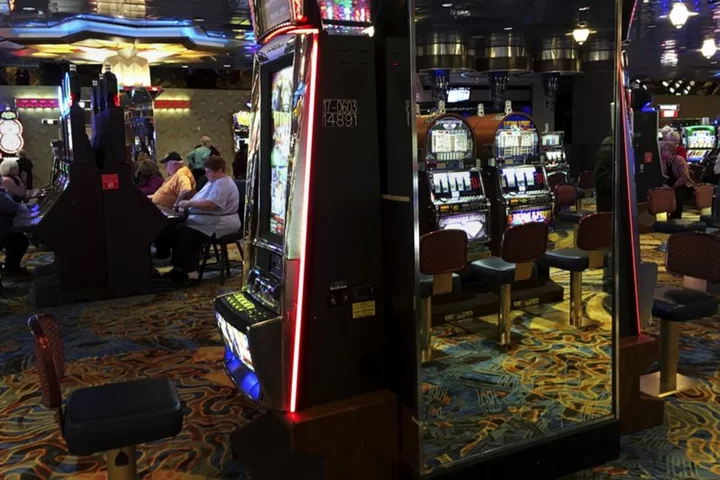By Mike Scarcella
Caesars Entertainment Inc, MGM Resorts International and other casino-hotel operators in Atlantic City, New Jersey, have been sued by consumers in a proposed class action accusing them of artificially boosting room rental rates in violation of U.S. antitrust law.
The 109-page lawsuit filed on Tuesday also named Hard Rock International Inc as a defendant, in addition to Florida-based hospitality technology company Cendyn Group LLC, which sells the shared pricing algorithm platform at the center of the alleged conspiracy. Two New Jersey residents filed the case.
The complaint alleges that the corporate defendants and their respective hotels, including Harrah's Atlantic City, Bally's Atlantic City and Borgata, used Cendyn's platform to set room rates higher than they otherwise would have been able to in a competitive market.
The case is at least the second one this year alleging an antitrust conspiracy against casino-hotel operators using a shared pricing platform. Caesars, MGM and other defendants have asked a Nevada federal judge to dismiss a similar price-fixing lawsuit over room rates in Las Vegas filed in January.
Representatives from Caesars Entertainment, MGM Resorts and Hard Rock on Wednesday did not immediately respond to messages seeking comment on the latest lawsuit.
A spokesperson for Cendyn also did not immediately respond to a similar request.
Lawyers for the plaintiffs, including attorneys from law firm Susman Godfrey, did not immediately respond to a request for comment.
New Jersey gaming regulators' data showed "substantial increases" in Atlantic City room rates but decreases in occupancy rates during the class period, 2018 to the present, Tuesday's lawsuit claims.
Atlantic City casino-hotels charged 25% more for rooms in 2022 than in 2019, despite renting 5% fewer rooms, the lawsuit alleged.
The lawsuit asserted that "no market factors" such as increased demand or rising costs "can explain the kind of increase in room rates and corresponding revenue that casino-hotel defendants each have obtained during the class period."
The defendant hotels "misrepresented to guests, through omissions, half-truths, and misrepresentations, how they determined room rates," the complaint alleged.
The lawsuit said the prospective class is made up of "tens if not hundreds of thousands" of consumers. The plaintiffs seek unspecified compensatory and triple damages under federal antitrust laws.
The case is Heather Altman and Eliza Wiatroski v. Caesars Entertainment Inc et al, U.S. District Court, District of New Jersey, No. 2:23-cv-02536.
For plaintiffs: Warren Burns and Christopher Cormier of Burns Charest; Vineet Bhatia and Stephen Morrissey of Susman Godfrey; and Joseph DePalma of Lite DePalma Greenberg & Afanador
For defendants: No appearances yet
(Reporting by Mike Scarcella; editing by Leigh Jones)

